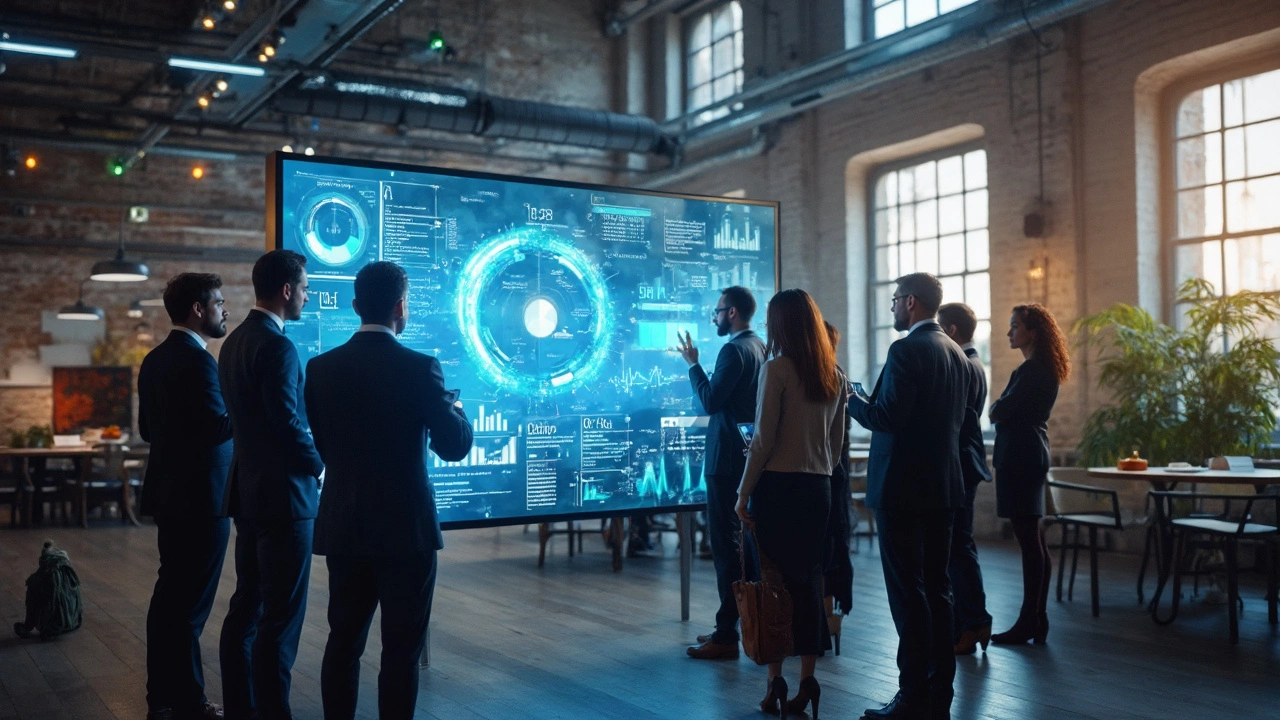AI in HR: How Artificial Intelligence is Changing People Management
Artificial intelligence is no longer a buzzword for tech geeks; it’s showing up in HR departments worldwide. From scanning resumes in seconds to predicting which employees might leave, AI tools are giving HR pros a faster, data‑driven way to handle everyday tasks. If you’re wondering whether AI can actually make your HR work easier, the answer is yes—if you use it the right way. Below we’ll break down the biggest ways AI is helping HR, the pitfalls to watch out for, and simple steps you can take right now.
Hiring Made Smarter
Finding the right candidate used to mean sifting through hundreds of PDFs, comparing skills by eye, and hoping you didn’t miss a hidden gem. AI recruiters shorten that process by automatically parsing resumes, matching keywords, and ranking applicants based on the criteria you set. Tools like AI‑powered applicant tracking systems can flag candidates with the exact mix of experience, education, and soft skills you need, often in under a minute.
Beyond speed, AI can help reduce unconscious bias. By focusing on data points rather than photos or names, the algorithm gives every applicant a fair shot. Of course, the model is only as unbiased as the data you feed it, so regular audits are a must. Many HR teams also use AI chatbots to answer candidate questions 24/7, keeping the talent pool engaged without adding extra work for recruiters.
Boosting Employee Experience
Once a new hire is on board, AI continues to add value. Chatbots act as a first‑line help desk for common HR queries—think “How do I request vacation?” or “What’s my remaining leave balance?” Employees get instant answers, and HR staff can focus on more strategic issues. Performance analytics platforms crunch data from surveys, project management tools, and even email patterns to highlight trends in productivity and engagement.
Predictive analytics can also signal potential turnover before it happens. By spotting patterns like decreasing login frequency or lower participation in training, AI alerts managers to intervene with coaching or new incentives. Learning platforms powered by AI recommend courses tailored to each employee’s skill gaps, making development feel personal rather than generic.
Getting started with AI in HR doesn’t require a massive budget. Begin by identifying one repetitive task—resume screening, employee onboarding FAQs, or engagement surveys—and test a free or low‑cost AI tool. Keep the pilot simple: set clear goals, measure time saved, and gather feedback from both HR staff and employees. If the trial shows measurable improvement, gradually expand the AI’s role and involve IT for data security checks.
Remember, AI is a helper, not a replacement. Human judgment still matters for cultural fit, complex negotiations, and ethical decisions. Use AI to surface insights, then let experienced HR professionals make the final call. By pairing AI’s speed with human empathy, your HR team can become both more efficient and more people‑focused.

How Artificial Intelligence is Changing Human Resources in 2025
Explore how artificial intelligence is transforming human resources in 2025—covering hiring, automation, challenges, and future tips HR teams can't ignore.